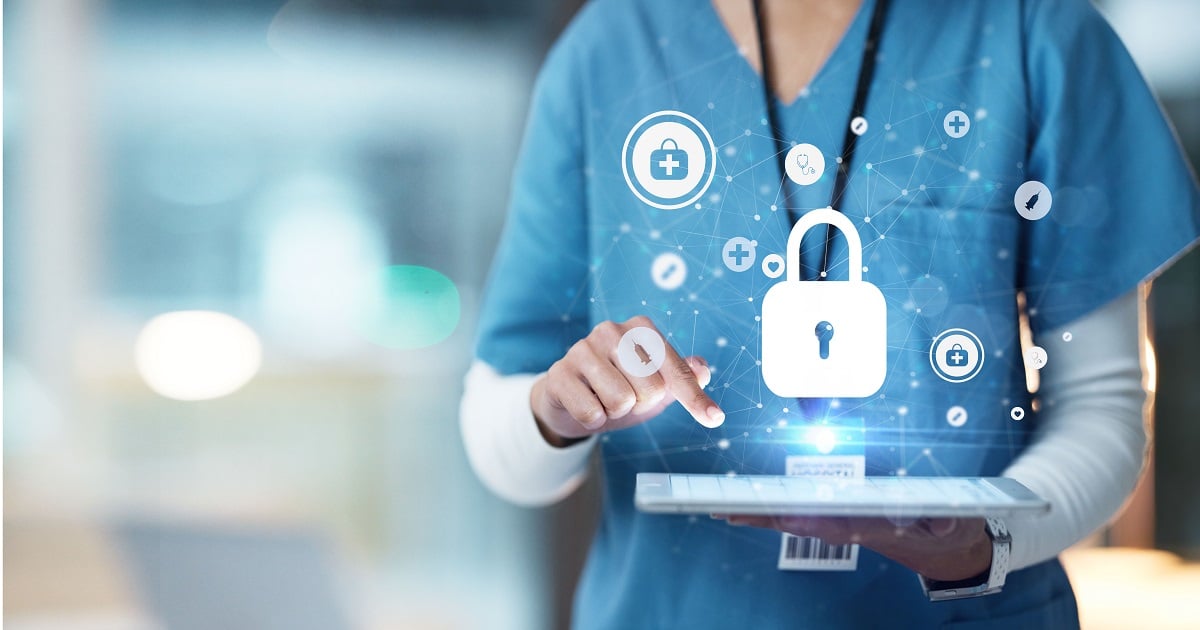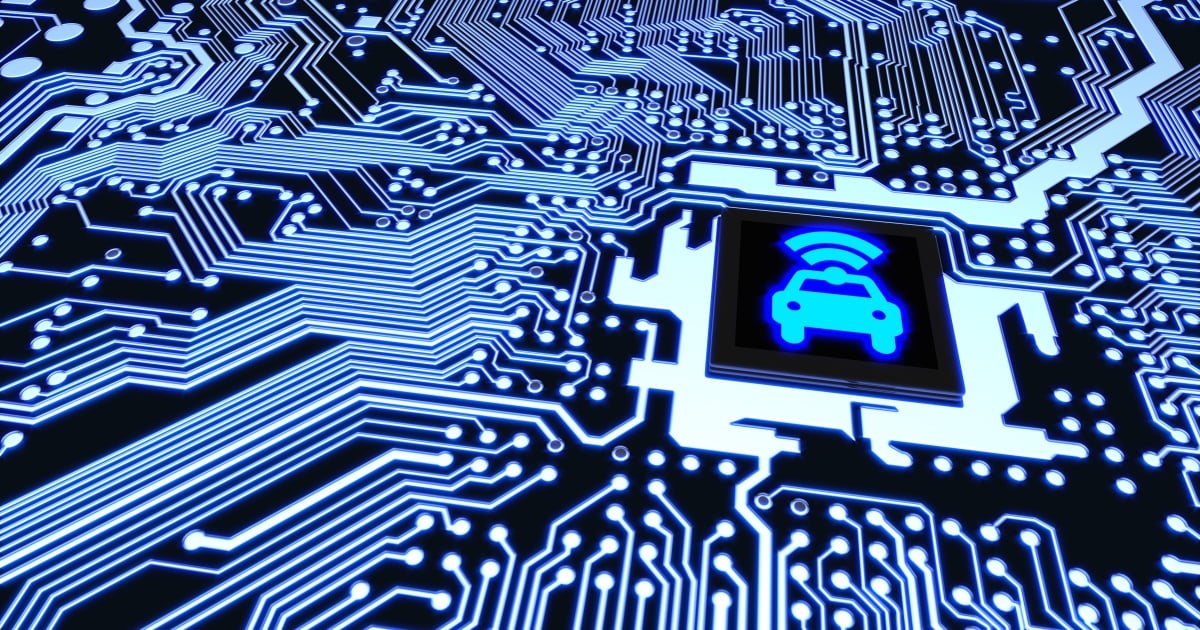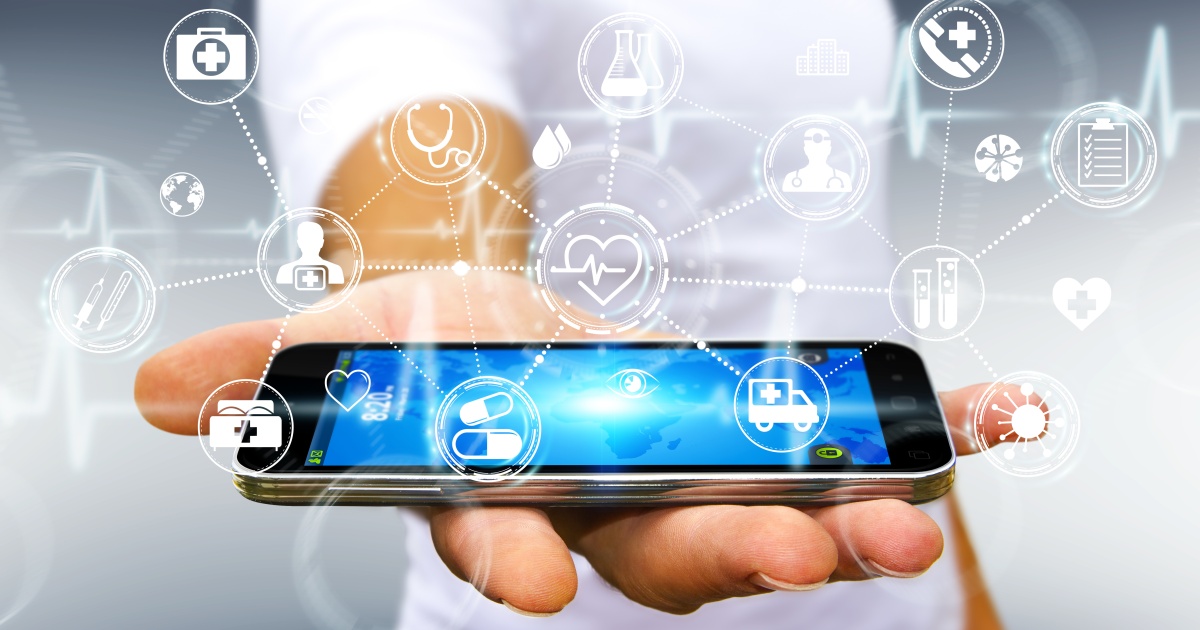
Healthcare is developing quickly, and we already can see how high-tech robots do medical operations, how doctors can monitor the health of their patients remotely and so on.
New technologies help doctors do their job more efficiently. Apart from this, medical innovations can help save billions of dollars for the government.
That is why the integration of the Internet of Things in the medical sector was really essential. Special hardware together with custom software makes it possible to connect many medical processes. What are the benefits of IoT? Read more in our article.
Healthcare and IoT
The matter is that the Internet of Things gives a lot of capabilities to the healthcare sector. Using a large number of various sensors, a process of treatment and communication between patients and doctors become much simpler.
Moreover, prevention of diseases will also move to a new level since IoT will help make a diagnosis as early as possible.
IoT devices collect all data automatically and software with artificial intelligence basis can process all data, leading to quick feedbacks and diagnosis.
It is worth noting that about 70% of medical organizations around the world already use the Internet of Things, and the total number of such organizations will probably grow exponentially by 2020.
But let’s note the main use cases of IoT in the healthcare field in order not to be unsubstantiated.
How IoT can be used in the medical sector
Today there are the following ways how IoT is used already or can be used potentially.
Remote monitoring. As we noted above, special sensors collect data about patients from their digital medical cards. With the help of IoT, doctors can find out what diseases their patients have. They can analyze the information and make relevant conclusions.
Wearables. Special trackers that are already available on the market can calculate the number of burnt calories, heart rate, the glucose level in blood, and so on. This information is sent to a doctor’s PC, laptop or tablet, and a doctor can act timely if something is going wrong.
Maintenance. High-quality medicine is possible only with the help of medical equipment that performs different important tasks. So IoT helps detect problems that occur and engineers can fix everything on time.
As you can see, IoT can be used to the good of patients and it can substantially simplify doctors' workflow. Now, it is time to single out the main advantages of the Internet of Things in healthcare.
IoT advantages
Strong sides of IoT in healthcare can really be surprising since the abundance of benefits leads to a serious revolution in medicine. Check it out.
Substantial costs reduction. Due to a large number of devices used in the IoT chain, doctors can make patients’ monitoring remotely, so people don’t need to visit their doctors often. As a result, people don’t need to pay for each visit, and it saves on serious expenses. Also, mobile application development companies do their best to improve the communication process using smartphones and tablets only. You just need to know the app development cost to allocate your budget.
Improved results. Since all the information about the health condition is sent to doctors constantly, the treatment process can be started on time and it leads to better results. Moreover, the system makes it possible to make a more accurate diagnosis?
Enhanced disease monitoring. As in the case with improved results, patients are constantly under control, and doctors can detect any changes in the disease development, so necessary actions can be undertaken. It is especially important for people with serious diseases that require permanent monitoring.
Say “no” to mistakes. Artificial intelligence, big data processing, and other technological tools help avoid mistakes and they help make an accurate diagnosis. If doctors think that the system made a mistake, it is always possible to verify everything since the final word belongs to human doctors, not machines.
Medication control. Also, the Internet of Things will help prevent fraud with medicines and drugs, since all medicines will be registered in the system. In addition, a medication will also be under control, if a patient forgets to take a medicine, special trackers will remind about it, and a doctor will also know that his or her patient constantly forgets to take medicines.
Reliability comes first. Even when people with severe and long-term diseases stay at home, they feel more comfortable since they know that if something happens - the system will send alerts to an ambulance and doctors in charge of the case.
In conclusion, we would like to add that the Internet of Things system cannot be built quickly. It is a complicated technology that requires the manufacturing of hardware and the development of software where skilled developers should be engaged in. The development of the IoT chain require a serious approach, keep it in mind and follow the right road.
Edited by
Ken Briodagh





